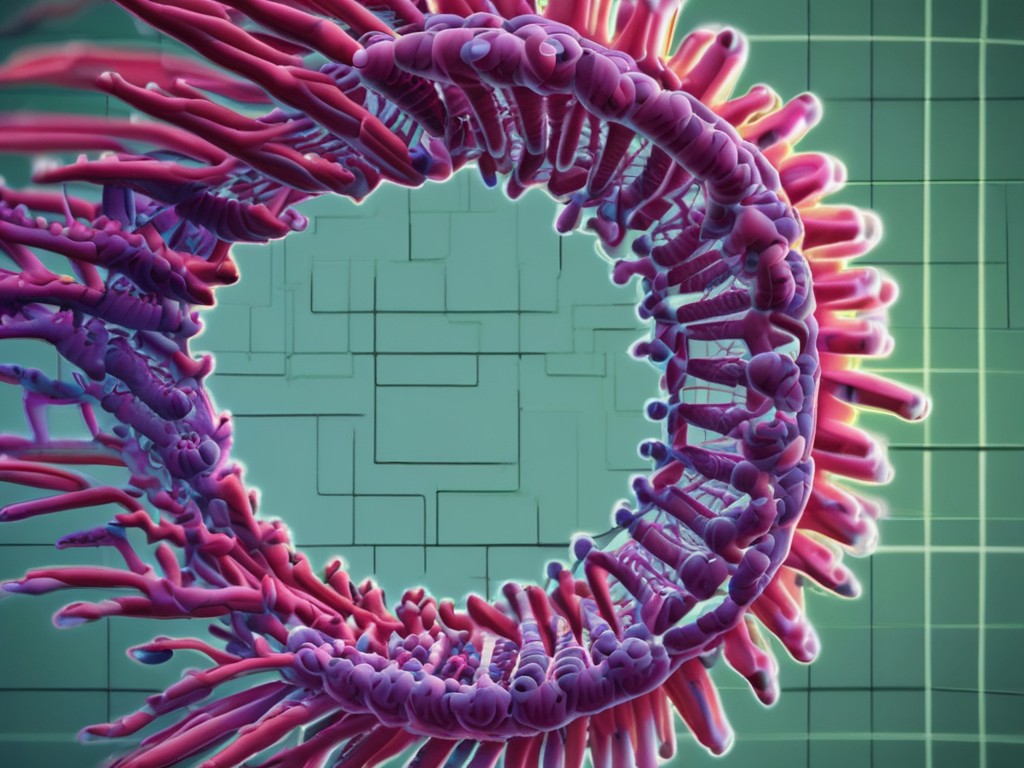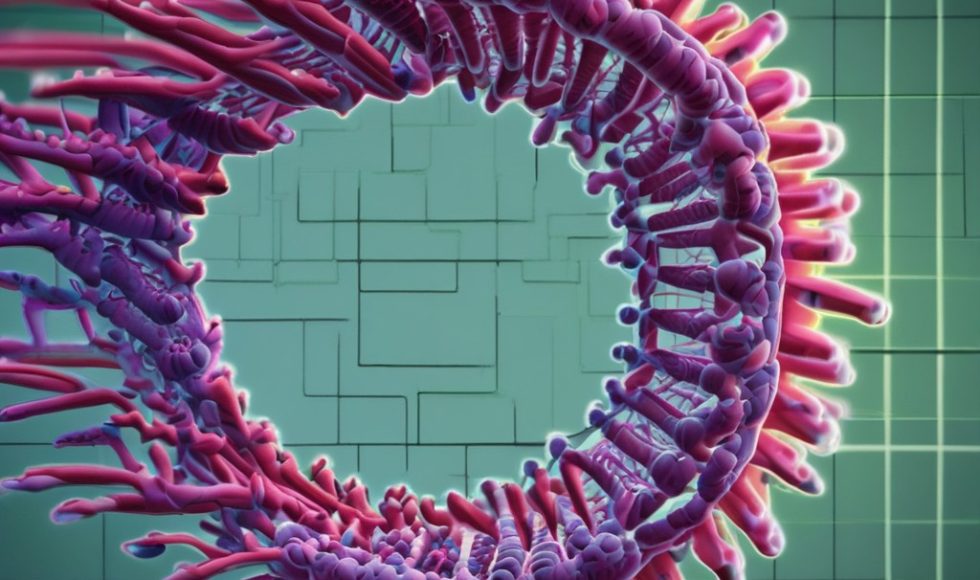Billy Lau from Stanford University returned to London Calling 2024 and spoke about “Joint fragmentomic and methylation signatures of cfDNA for cancer detection.” They began by defining liquid biopsies for non-invasive cancer measurement as typically being blood draws used for sequencing and multi-omic analyses. They also explained how epigenetic reprogramming in cancer occurs and how nanopore sequencing can help determine methylation patterns. Fragmentation patterns of cell-free DNA (cfDNA) can be analyzed to learn about disease progression. Lau and the research team conducted a pilot study with samples from cancer patients and healthy donors to improve their high-throughput approach. They could obtain methylation and fragmentation information with half a ml of blood per patient. After the pilot study, Lau expanded the study by applying the workflow to a larger cohort. The team generated over 100 TB of raw sequencing data and analyzed it with the Stanford HPC. Raw signals were basecalled with Dorado using super accurate base calling (SUP) to obtain more reliable methylation calls. Next, they built a fragmentomic feature model. They then incorporated nucleosome-specific methylation into the model. The multi-omic cancer classifier they developed can be used to infer cancer status from cfDNA. Lau explained that they want to build more sophisticated models. This is the third or fourth time I have watched Lau present and have been able to follow the development of their classifier.



